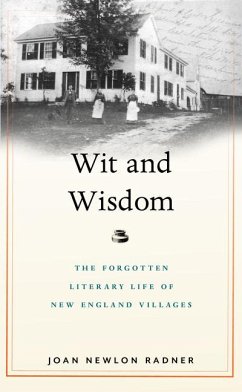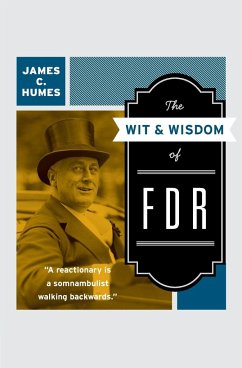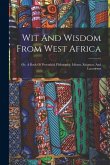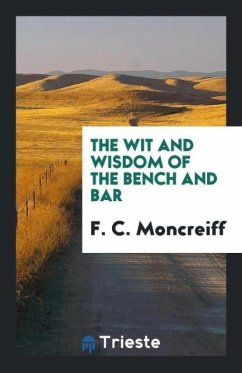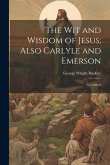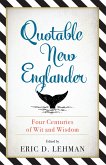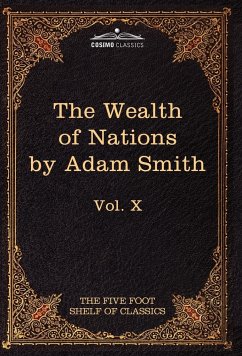"The lyceum movement gained momentum in the decades preceding the Civil War, presenting members the opportunity to participate in literary life and discuss the issues of the day. While urban lyceums played host to a who's who of nineteenth-century intellectual life, such as Ralph Waldo Emerson, Henry David Thoreau, Herman Melville, Frederick Douglass, and Susan B. Anthony, literary societies also cropped up in thousands of villages across the nation, acting as influential sites of learning, creativity, and reform. In rural New England, homegrown lyceums brought together ordinary men and women, young and old, farmers and intelligentsia, selectmen and schoolchildren to write and perform poetry and witty parodies and debate major issues-including slavery, women's rights, temperance, migration, and more. Having uncovered dozens of newspapers produced by village lyceums across Maine, New Hampshire, Vermont, and Massachusetts, Joan Newlon Radner takes readers inside this long-forgotten tradition, offering new access to the vibrant voices, surprising talents, and understated humor on display on many a cold winter's night"--
Hinweis: Dieser Artikel kann nur an eine deutsche Lieferadresse ausgeliefert werden.
Hinweis: Dieser Artikel kann nur an eine deutsche Lieferadresse ausgeliefert werden.

